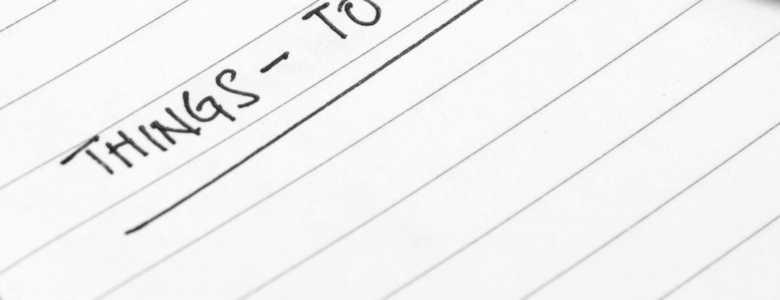Congratulations! You’ve finally closed on your mortgage, and the keys to your new home are in your hands. Now what? While it can be tempting to kick back and relax after the long and often stressful process of buying a home, there are still several essential tasks you need to take care of to ensure a smooth transition into homeownership.
In this blog, we’ll go over the essential things to do after your mortgage closes, from transferring utilities to updating your address and insurance policies. By following these steps, you can avoid potential headaches down the line and enjoy your new home with peace of mind.
- Transfer Utilities
One of the first things you’ll want to do after closing on your mortgage is transfer the utilities into your name. This includes electricity, gas, water, and any other necessary services such as cable and internet. Make sure to contact the utility companies well in advance to avoid any interruptions in service.
- Change Your Address
Now that you’re a homeowner, it’s important to update your address with all relevant parties, including the post office, your employer, banks, credit card companies, and any other important contacts. This will ensure that you receive important mail and that your credit report reflects your new address.
- Update Insurance Policies
With homeownership comes the need for adequate insurance coverage. Make sure to update your homeowner’s insurance policy to reflect your new property and address, and consider getting additional coverage such as flood insurance if you live in a high-risk area. You’ll also want to update any other insurance policies you may have, such as auto insurance.
- Set Up Automatic Payments
Setting up automatic payments for your mortgage and other bills can save you time and stress in the long run. Make sure to set up automatic payments for your mortgage, utilities, and any other recurring bills you may have. This will ensure that you never miss a payment and that your credit score remains healthy.
- Familiarize Yourself with Your Home
Now that you’re officially a homeowner, it’s important to familiarize yourself with your new property. This includes locating important features such as the main water shut-off valve, electrical panel, and HVAC system. You’ll also want to test all smoke detectors and carbon monoxide detectors and make sure they’re in good working order.
- Make Necessary Repairs and Upgrades
If the home inspection uncovered any necessary repairs or upgrades, now is the time to address them. This includes anything from minor repairs such as leaky faucets to more significant projects such as replacing the roof or HVAC system. By taking care of these tasks early on, you can prevent potential issues down the line and improve your home’s value.
- Set Up a Home Maintenance Schedule
Homeownership comes with a lot of responsibilities, including ongoing maintenance and upkeep. Set up a regular maintenance schedule for tasks such as cleaning gutters, changing air filters, and servicing your HVAC system. This will help you avoid costly repairs and ensure that your home remains in good condition.
- Plan for Unexpected Expenses
No matter how well you plan, unexpected expenses can and will arise as a homeowner. Set aside a rainy day fund for emergencies such as a leaky roof or a broken appliance. This will give you peace of mind knowing that you’re prepared for the unexpected.
By following these essential steps, you can ensure a smooth transition into homeownership and enjoy your new property with confidence. Congratulations again on your new home!








